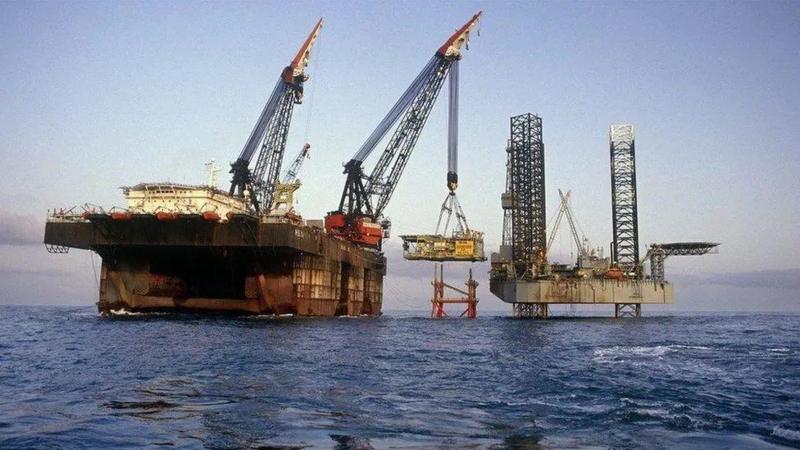JUSTIÇA DE SÃO PAULO DETERMINA QUE O MUNICIPIO AUTORIZE A EXPEDIÇÃO DE NOTAS FISCAIS ELETRÔNICAS.
9 de fevereiro de 2024
Por que Rússia deve crescer mais do que todos os países desenvolvidos, apesar de guerra e sanções, segundo o FMI
18 de abril de 2024Brazil needs to curb a surge in spending to limit the budget deficit, keep interest rates down and stem the world’s biggest currency rally, said former central bank President Arminio Fraga.
Fraga, speaking late yesterday in New York, said the fiscal stimulus that helped pull Latin America’s largest economy out of the global recession should be pared back as growth “takes off.” That will reduce pressure on policy makers to raise interest rates, helping ease demand for the Brazilian real from investors looking to tap into higher-yielding assets, he said.
“My recommendation is to not step on the brake, but rather to take the foot off the gas pedal a little bit,” Fraga, who now is chairman of the BM&FBovespa SA exchange, told reporters at a gathering of the Group of Thirty, a Washington-based assembly of senior financial officials and economists. “Don’t put so much pressure on monetary policy and interest rates and as a result on the exchange rate.”
The real has appreciated 35 percent this year against the dollar, the biggest advance among the 16 major currencies, as the global recovery fueled demand for the country’s commodity exports and lured investment to the stock and bond markets. Finance Minister Guido Mantega imposed a 2 percent tax in October on foreign investors’ purchases of stocks and bonds in a bid to avoid “excess speculation” in the markets.
Higher Spending
President Luiz Inacio Lula da Silva increased spending and offered tax breaks on purchases of items such as cars and home appliances to spur the economy, swelling the budget deficit to its widest in five years. The gap reached the equivalent of 4.6 percent of gross domestic product in October, up from 1.3 percent a year earlier, according to central bank figures. The deficit was last bigger in January 2004, a year after Lula took office.
The surge in spending will make it “very difficult to keep inflation down,” Paulo Leme, the chief Latin America economist at Goldman Sachs Group Inc., said in an interview at an investor conference in New York yesterday. “That’s going to require the central bank to raise interest rates and with that the currency appreciates.”
Traders expect the bank to begin raising the benchmark lending rate from a record low of 8.75 percent in the first quarter and to push it up to about 12.9 percent by the end of the year, according to interest-rate futures.
Leme said during the event that the government’s fiscal policies are “out of whack” and that the tax on foreign investment fails to address the “real issues” that are pushing up the currency.
Fraga said it will be difficult to curb spending in the run-up to presidential elections next year.
“A broad, courageous approach is necessary because politically it’s unpleasant,” he said.
